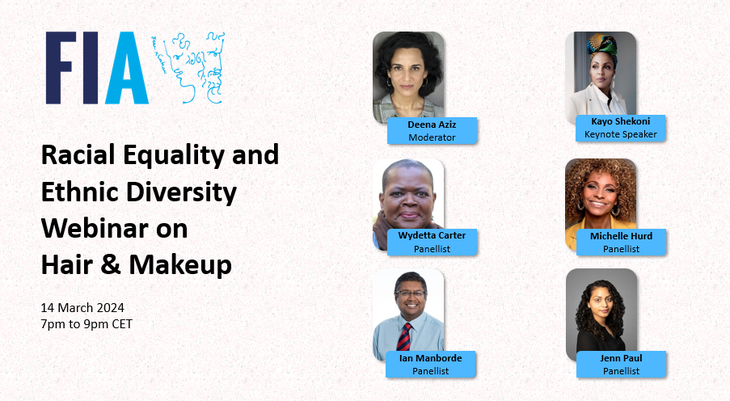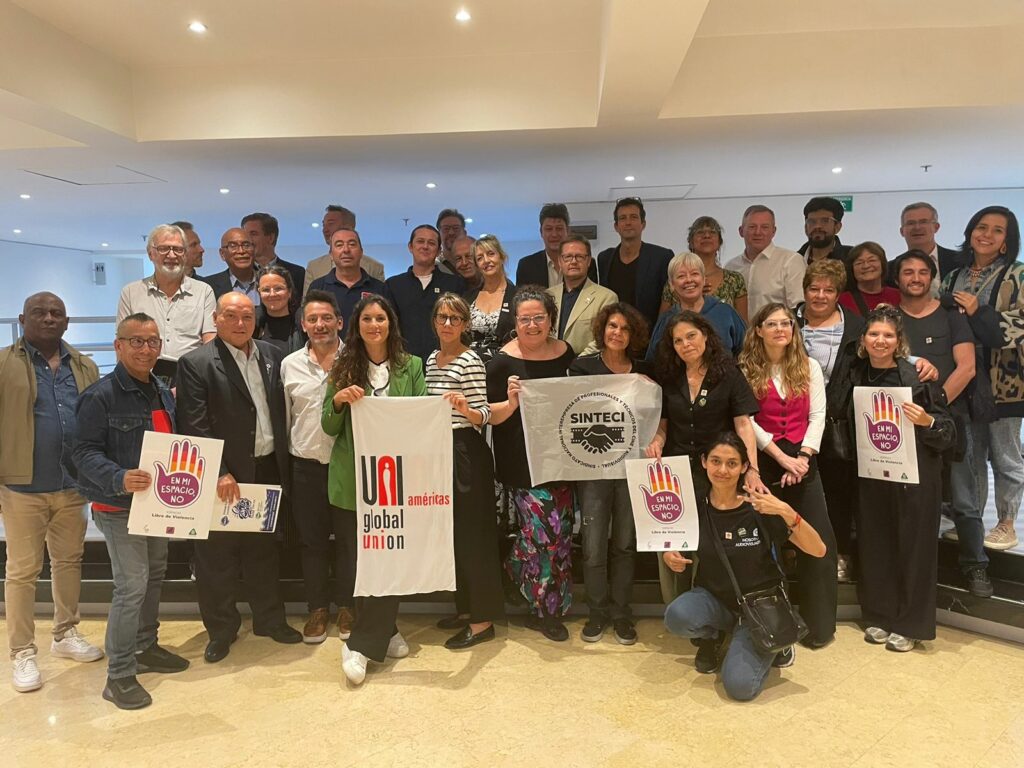The third UNESCO Intergovernmental meeting of Experts for a new Convention on the protection and promotion of cultural diversity has just ended in Paris, after two weeks of animated negotiations. Bolstered by a unanimous resolution passed at its last World Congress, FIA attended this meeting, together with a handful of other NGOs, hoping to be able to contribute constructively to this historic event.
Unfortunately, things have turned out quite differently – despite repetitive attempts to voice the concerns of performers in this forum. NGOs were granted an outrageously limited window within this negotiation, with a ridiculous daily slot of 10 to 15 minutes only to address delegates. This has obviously made it very difficult for us to take the floor on each specific issue and have any real impact on the negotiation. It is ironic for this to happen while countries were discussing – inter alia – the role of civil society to enhance the diversity of cultural content and expressions.
At first sight, the results seem disappointing, a far cry to what could have been achieved to ensure a meaningful treaty and a wide ratification. There is no real balance between contracting parties’ rights and obligations; indeed one may wonder whether the latter exist at all. The object of protection is extremely broad, including not only cultural expressions but also cultural activities, and there is no enforceable dispute settlement mechanism, which will ultimately leave the implementation of the Convention to the good will of each party. Concepts like “free exchange and circulation of […] cultural goods and services”, “equitable access” and similar others are creeping in the text, giving rise to possible misinterpretations and weakening intellectual property rights’ protection. The treaty – from this standpoint – falls short of asserting the importance of copyright and neighbouring rights for genuinely viable cultural industries, which is a matter of great concern.
FIA is now looking forward to the revised consolidated text, which it will carefully assess before the October UNESCO General Assembly. At this stage, we have reservations on this draft. Not only because it may not serve the original purpose but – even worse – because it may not be in the interest of the professionals that we represent.
First FIA intervention
Second FIA intervention
EU Commission’s assessment
UNESCO Convention – final draft




